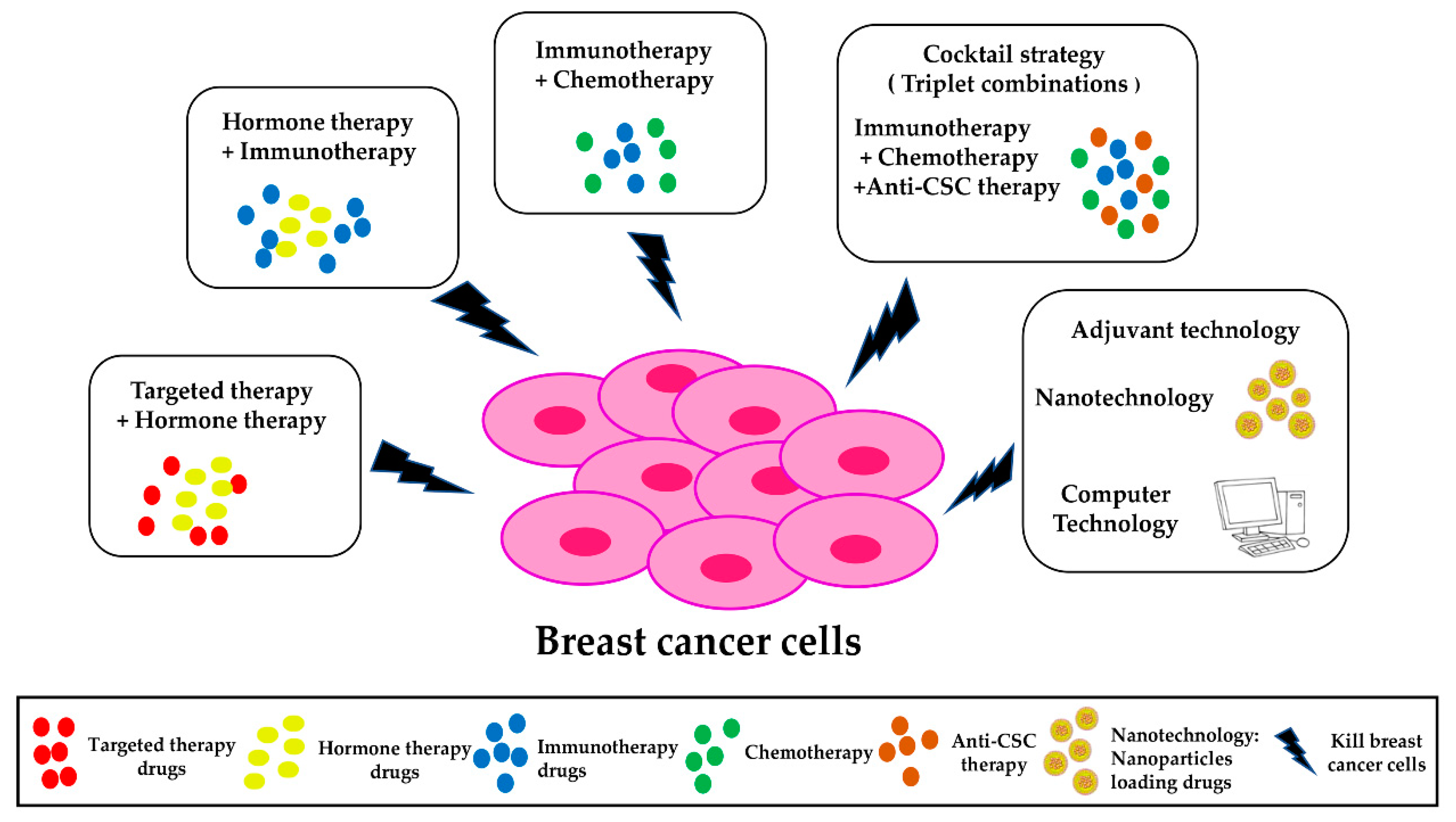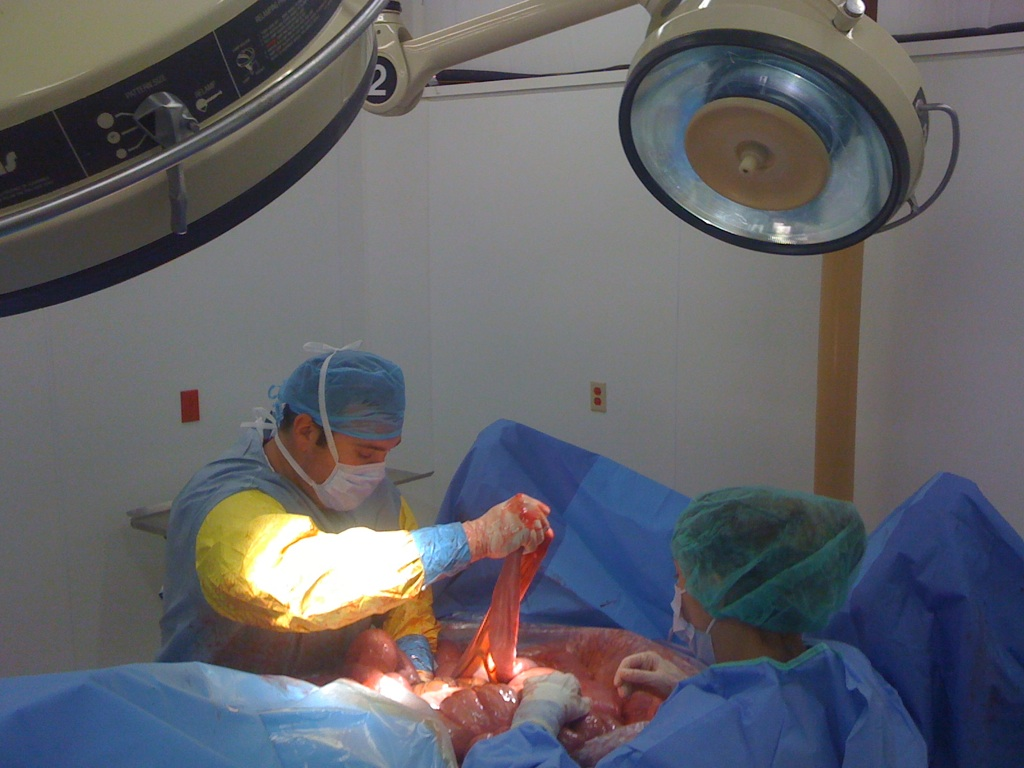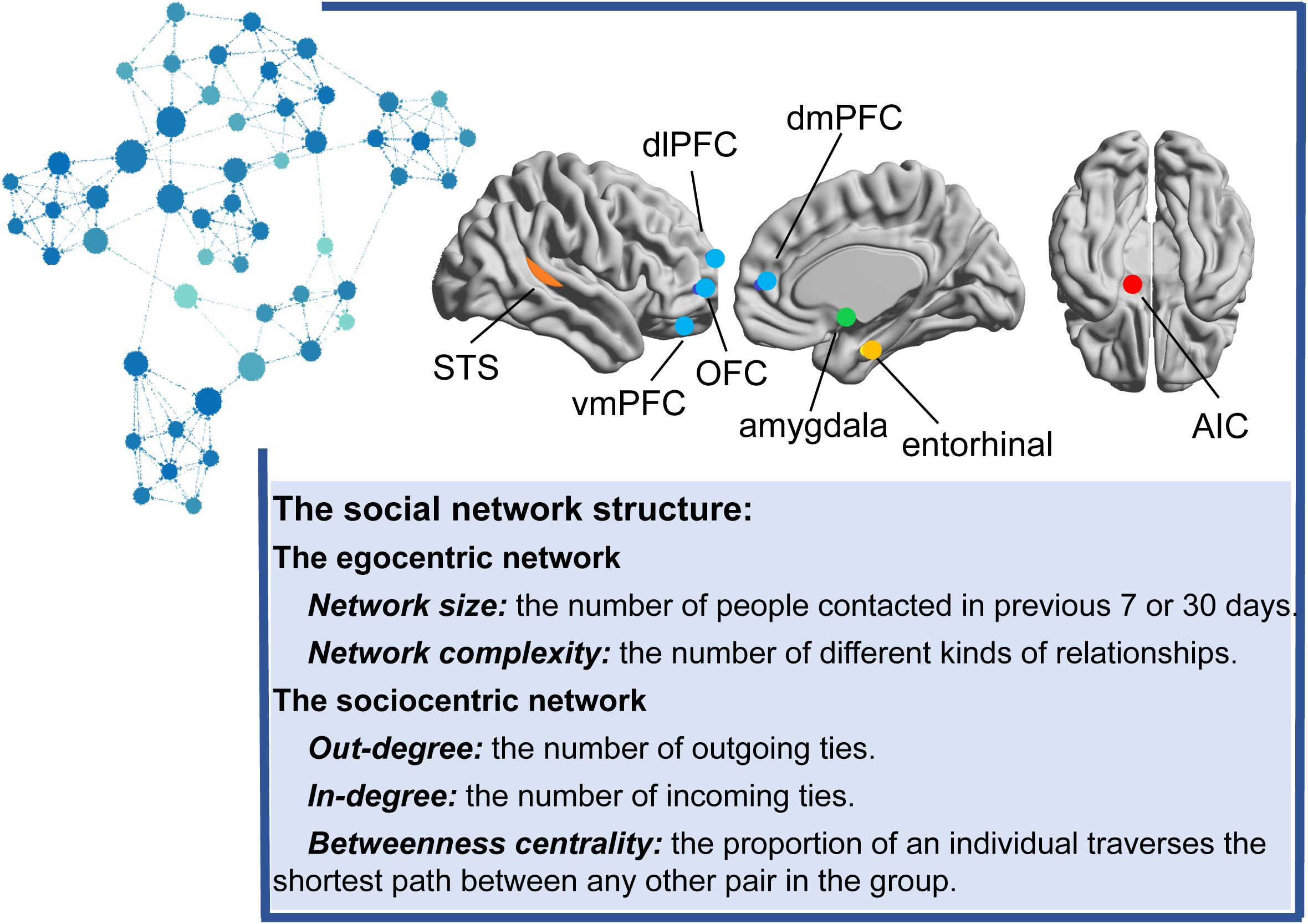Molecular therapy for cancer has emerged as an innovative approach that seeks to tackle the disease at its very core. By focusing on the underlying genetic mutations and protein interactions that drive oncogenic processes, researchers are paving the way for targeted cancer therapies that promise more effective and less harmful interventions. Recent breakthroughs, including the development of molecular glues, enable precise manipulation of proteins that traditional therapies could not reach, thereby disrupting the uncontrollable growth of tumor cells. This exciting field not only enhances our understanding of cancer biology but also opens new avenues for transforming how we treat various cancers. The fusion of molecular insights and therapeutic strategies marks a significant shift in the quest for advanced cancer treatments, helping patients achieve better outcomes in their fight against this pervasive disease.
The evolution of cancer treatment has taken a revolutionary direction with the advent of targeted molecular therapies aimed at addressing the specific mechanisms of the disease. This approach combines cutting-edge techniques to comprehend the interplay of genetic anomalies and the pathways that lead to tumorigenesis. Techniques such as biological scaffolding, also referred to as molecular glues, facilitate targeted interactions among proteins that contribute to cancer progression. By understanding the nuanced relationship between genetic mutations and protein dynamics, researchers are crafting strategies that push the boundaries of traditional oncological treatments. The integration of these advanced methodologies heralds a new era in cancer therapy, promising enhanced precision in targeting malignancies.
Introduction to Molecular Therapy for Cancer
Molecular therapy for cancer represents a groundbreaking approach in the fight against various types of malignancies. By focusing on the specific molecular and genetic alterations that drive cancer growth, researchers aim to create targeted interventions that can disrupt these processes at their roots. This therapy leverages detailed knowledge of genetic mutations implicated in oncogenic processes, thereby enabling more precise treatment protocols tailored to individual patients’ tumor biology.
The significance of targeted molecular therapies lies in their ability to personalize cancer treatment, minimizing damage to healthy tissues while effectively tackling the tumor. As researchers delve deeper into the molecular mechanisms of cancer, they continuously uncover the complexities of protein interactions within these cells, which opens up new avenues for developing innovative pharmacological agents.
Understanding Targeted Cancer Therapies
Targeted cancer therapies are designed to specifically attack cancer cells while sparing normal cells, making them a promising alternative to traditional chemotherapy. These therapies often focus on specific genetic mutations or unique protein expressions characteristic of certain tumor types. The approach is not only more effective at killing cancer cells but also leads to fewer side effects, enhancing the overall quality of life for patients undergoing treatment.
One of the most fascinating aspects of targeted cancer therapies is the role of small molecules known as ‘molecular glues.’ These compounds are able to modify protein interactions and influence signaling pathways that drive cancer development. By investigating how these molecular glues function, researchers are finding new ways to intervene in the pathogenesis of cancer, which marks a paradigm shift in oncological treatments.
The Role of Molecular Glues in Cancer Treatment
Molecular glues have emerged as a revolutionary tool in the development of targeted cancer therapies. These small molecules facilitate the interaction between two proteins that are not normally aligned, initiating a cascade that can lead to the degradation of harmful proteins. A notable example includes the study of UM171, which was found to effectively dismantle the CoREST complex, a critical regulator of genetic accessibility in cancer cells.
Understanding the mechanism behind molecular glues not only highlights their therapeutic potential but also underscores the importance of intricate protein interactions within cancer cells. The pressing challenge remains in identifying and designing glues that can effectively target undruggable proteins, paving the way for new therapeutic strategies tailored to combat various malignancies in a more focused manner.
Exploring Genetic Mutations in Cancer
Genetic mutations play a pivotal role in the development and progression of cancer. These mutations can lead to the formation of proteins that promote oncogenic processes, fundamentally altering how cells grow and interact. Significantly, research has shown that certain mutations can mimic the effects of molecular glues, creating a convergence of genetic and chemical strategies in cancer treatment.
Identifying specific mutations associated with different cancer types enables scientists to develop targeted therapies that are not only more effective but also personalized to the genetic makeup of each tumor. As researchers utilize advanced techniques like cryo-electron microscopy to visualize these mutations, the insights gained continue to inform the design of innovative molecular therapies aimed at disrupting aberrant protein interactions.
Advancements in Understanding Protein Interactions
Protein interactions are at the heart of cellular function and regulation, especially in the context of cancer. The ability to map and manipulate these interactions is crucial for developing effective therapeutic strategies. Recent studies have highlighted how small molecules like UM171 can profoundly alter these networks, providing a clearer picture of how proteins operate under normal and pathological conditions.
As researchers increase their understanding of protein interactions, they begin to uncover new therapeutic targets. This knowledge not only aids in the optimization of existing drugs but also supports the design of new agents that can address the underlying mechanisms of cancer more directly, offering hope for improved outcomes in treatment.
Innovative Approaches to Drug Development
The process of drug development in oncology is witnessing a transformation thanks to innovative research focused on molecular therapies. By studying the convergences between molecular glues and genetic mutations, scientists are developing a more comprehensive understanding of cancer that facilitates the creation of targeted therapies. The integration of functional genomics with traditional drug discovery methods enables more strategic approaches in the design and application of new treatments.
The innovation doesn’t stop with drug discovery; it extends to how treatments are administered and personalized for patients. Understanding how specific molecular interactions can be influenced opens doors to adjustments in therapy based on individual genetic profiles, revolutionizing the standard practice in oncology and promoting better patient outcomes.
Implications Beyond Cancer
While current research primarily focuses on cancer therapies, the principles underlying molecular glues and targeted treatments have far-reaching implications for other diseases. By investigating the mechanisms by which small molecules modulate protein interactions, researchers are uncovering new strategies that could extend to other conditions characterized by dysfunctional protein behavior, including neurodegenerative diseases and autoimmune disorders.
This cross-disciplinary approach not only broadens the potential applications of targeted molecular therapies but also enriches our understanding of disease mechanisms across the biomedical spectrum. As scientists continue to explore the relationships between genetic mutations and protein interactions, the methodologies developed may yield insights that transcend cancer, unlocking treatments for a variety of diseases.
Future Directions in Molecular Therapy Research
The future of molecular therapy research holds immense promise as scientists continue to make strides in understanding the complex machinery of cancer. The ongoing exploration of both small molecules and genetic factors provides a dual approach to tackling malignancies at their core, potentially leading to breakthroughs in personalized medicine.
As research teams refine their techniques for identifying and designing molecular glues, the possibility of targeting previously deemed undruggable proteins becomes increasingly feasible. The collaborative efforts of chemists, biologists, and clinical researchers serve to foster an environment ripe for innovation, supporting the advent of new therapies that could change the lives of cancer patients and others facing complex diseases.
The Importance of Collaborative Research
Collaboration in scientific research has been a driving force behind many recent advancements in molecular therapy for cancer. By bringing together experts from various fields such as chemistry, biology, and medicine, research teams are able to share insights and resources that pave the way for innovative solutions to complex health issues. The collaboration between Harvard’s Department of Chemistry and Chemical Biology and other institutions exemplifies how interdisciplinary efforts can yield significant breakthroughs.
Such collaborations are critical as they often lead to an exchange of knowledge and techniques that enhance the research process. With the ongoing support of funding from research institutes and public health organizations, the potential for developing targeted cancer therapies continues to expand, ultimately revolutionizing the treatment landscape for patients.
Frequently Asked Questions
What is molecular therapy for cancer and how does it relate to targeted cancer therapies?
Molecular therapy for cancer refers to innovative treatment approaches that target specific molecular mechanisms involved in cancer progression. This type of therapy includes targeted cancer therapies, which are designed to interfere with specific genetic mutations or protein interactions that contribute to oncogenic processes in cancer cells. These therapies aim to disrupt abnormal signaling pathways, thereby inhibiting uncontrolled cell growth.
How do molecular glues function in the context of molecular therapy for cancer?
Molecular glues are small molecules used in molecular therapy for cancer that facilitate interactions between proteins that do not normally bind together. By forcing these proteins to interact, molecular glues can trigger cellular mechanisms that lead to the degradation of disease-causing proteins. This approach has shown promise in targeting previously undruggable proteins associated with cancer.
What role do genetic mutations play in the effectiveness of molecular therapy for cancer?
Genetic mutations can significantly influence the effectiveness of molecular therapy for cancer by altering protein structures and interactions within cancer cells. Understanding how specific mutations affect oncogenic processes allows researchers to design targeted therapies that can more effectively disrupt these altered pathways, leading to improved treatment outcomes.
Can molecular therapy for cancer address oncogenic processes caused by protein interactions?
Yes, molecular therapy for cancer specifically targets oncogenic processes driven by abnormal protein interactions. By exploiting insights from molecular glues and genetic mutations, researchers can develop therapies that disrupt these interactions, ultimately inhibiting the growth and survival of cancer cells.
What advancements have been made in molecular therapies for pediatric brain cancer, specifically medulloblastoma?
Recent research has made significant advancements in molecular therapies for pediatric brain cancer, particularly medulloblastoma, by identifying how specific genetic mutations mimic the action of molecular glues. These findings help establish a connection between genetic alterations and potential therapeutic targets, paving the way for novel treatment strategies tailored specifically to the unique mutations present in medulloblastoma.
What is the significance of understanding protein interaction networks in molecular therapy for cancer?
Understanding protein interaction networks is crucial in molecular therapy for cancer because it allows researchers to identify key components that drive tumor growth and survival. By elucidating these networks, scientists can design targeted therapies aimed at disrupting specific interactions that are vital for cancer progression, thus enhancing therapeutic efficacy.
How does cryo-electron microscopy contribute to research in molecular therapy for cancer?
Cryo-electron microscopy (cryo-EM) plays a vital role in molecular therapy for cancer by providing high-resolution images of protein structures at the atomic level. This technology allows researchers to visualize the structural changes caused by genetic mutations and the action of molecular glues, offering valuable insights that inform the design of new therapies targeting these molecular interactions.
What are the future prospects for molecular therapy for cancer beyond its current applications?
The future prospects for molecular therapy for cancer are promising, as ongoing research aims to uncover more instances of genetic mutations that can lead to novel protein interactions. This could potentially reshape the approach to treating not just cancer, but a variety of diseases by applying the principles of molecular therapy to broader therapeutic contexts.
| Aspect | Details |
|---|---|
| Key Studies | Two studies published in Nature focus on molecular therapies targeting cancer. |
| Discovery | Researchers found ‘molecular glues’ and studied genetic mutations that impact cancer cell interactions. |
| Molecular Glues | Small molecules that enhance protein interactions for targeted degradation of harmful proteins. |
| Research Details | Studies led by Brian Liau, highlighting the interaction of UM171 and KBTBD4. |
| Technical Approach | Utilized functional genomics and cryo-electron microscopy to assess structural changes. |
| Chemical-Genetic Convergence | Insights into how genetic mutations and small molecules can inform therapeutic design. |
| Future Directions | Further exploration of genetic mutations for potential therapeutic applications beyond cancer. |
Summary
Molecular therapy for cancer represents a groundbreaking advancement in oncology, as recent studies highlight innovative strategies to combat cancer at its core. By harnessing the potential of molecular glues and understanding genetic mutations within cancer cells, researchers are paving the way for targeted treatments that could revolutionize traditional cancer therapies. The ongoing research underscores the importance of integrating chemical and genetic approaches to develop effective therapeutics, ultimately providing hope for improved outcomes in cancer treatment.



